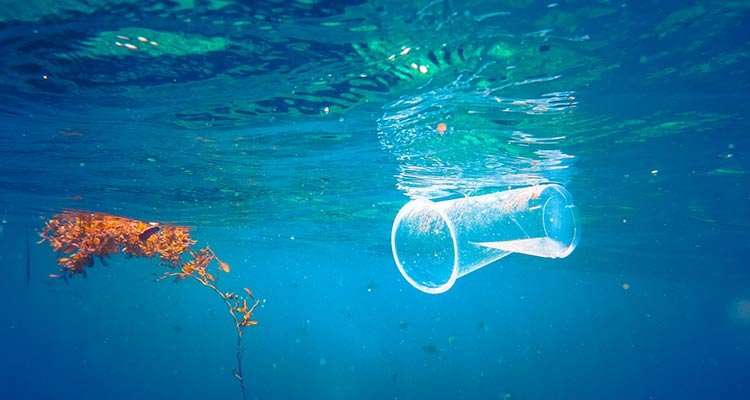
The global fight against plastic pollution came into sharp focus at the Fourth United Nations Environment Assembly, with the launch of three reports each detailing growing impact of plastics on the world’s marine environments.
The report, Plastics and Shallow Water Coral Reefs, shows the impact of plastics on shallow water coral reefs and provides recommendations for policy-makers to address and reduce negative impacts.
It shows that hundreds of millions of people and industries worth billions of dollars depend on healthy shallow water coral reefs. Yet, these fragile ecosystems are under threat from human activity, including climate change and pollution.
“Marine plastic litter pollution is already affecting more than 800 marine species through ingestion, entanglement and habitat change,” said head of UN Environment’s coral reef unit, Jerker Tamelander.
He said the waste continued to leak from land, and coral reefs were on the receiving end.
“They also trap a lot of fishing gear as well as plastic lost from aquaculture. With the impacts of climate change on coral reef ecosystems already significant, the additional threat of plastics must be taken seriously,” he said.
A second report, Guidelines for the Monitoring and Assessment of Plastic Litter and Microplastics in the Ocean, is in response to the lack of an internationally agreed methodology to report on the distribution and abundance of plastic litter and microplastics in marine environments.
The report provides extensive, practical guidelines and recommendations for national, inter-governmental and international organisations responsible for managing the impacts of land- and sea-based human activities on the marine environment.
“There is greater political and social awareness of the issue that plastic pollution is having on the world’s marine environments,” said UN Environment Chief Scientist Jian Liu.
The third report, Gender Mainstreaming in the Management of the Marine and Coastal Ecosystems, provides an analysis of the gendered nature of the use, management, and conservation of the marine and coastal environment.
“We have largely been gender-blind in the management of our marine and coastal areas around the world, but when we apply a gendered lens we can see that women and men are impacted differently in terms of health, income and work,” said Lisa Svensson, coordinator of UN Environment’s Marine and Coastal Ecosystems Branch. [Protus Onyango]
 The Standard Group Plc is a multi-media organization with investments in media
platforms spanning newspaper print
operations, television, radio broadcasting, digital and online services. The
Standard Group is recognized as a
leading multi-media house in Kenya with a key influence in matters of national
and international interest.
The Standard Group Plc is a multi-media organization with investments in media
platforms spanning newspaper print
operations, television, radio broadcasting, digital and online services. The
Standard Group is recognized as a
leading multi-media house in Kenya with a key influence in matters of national
and international interest.











